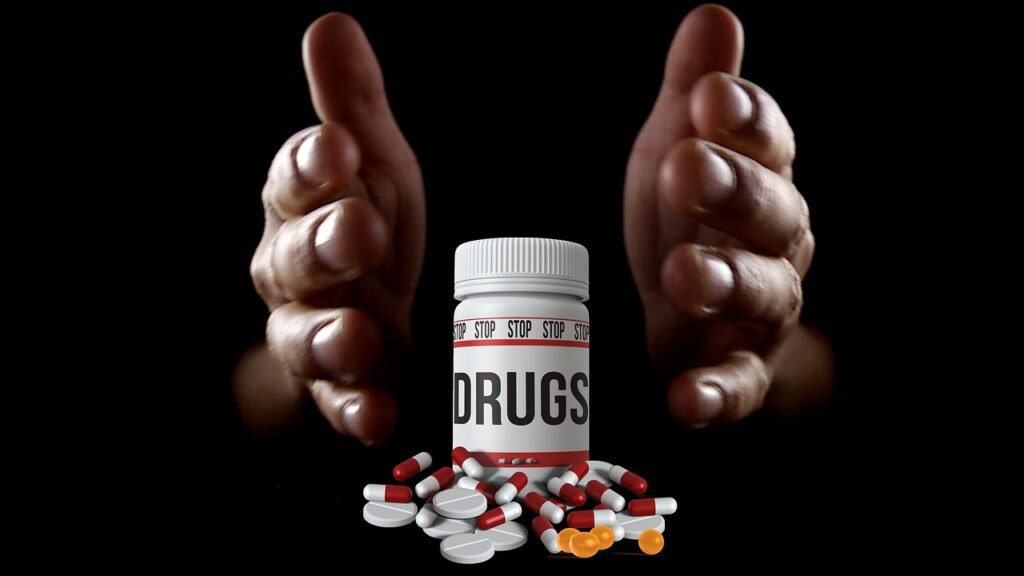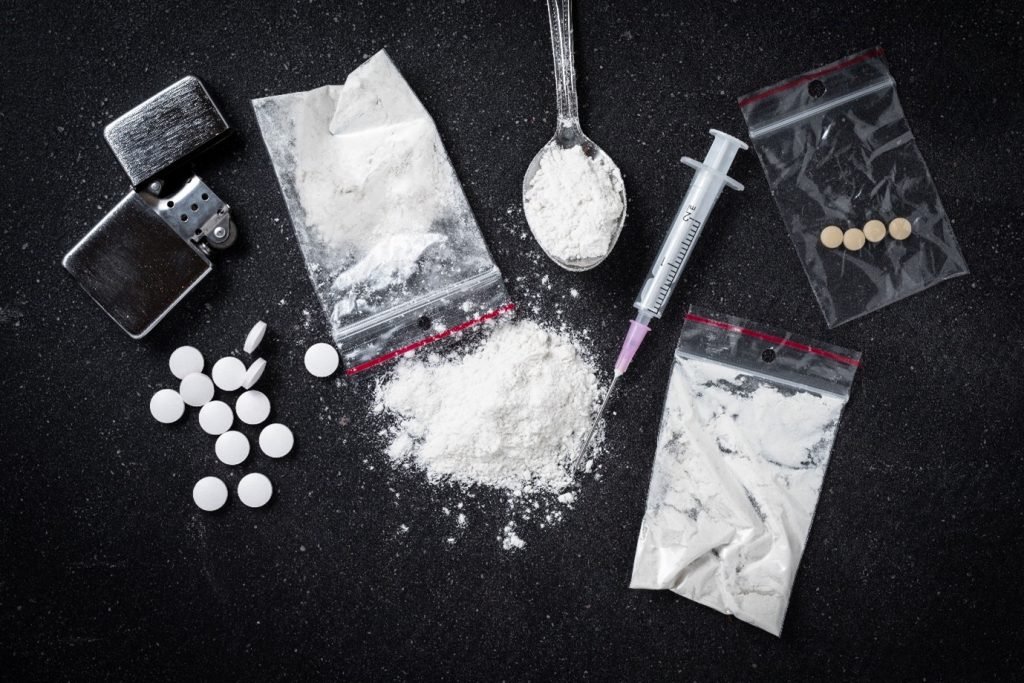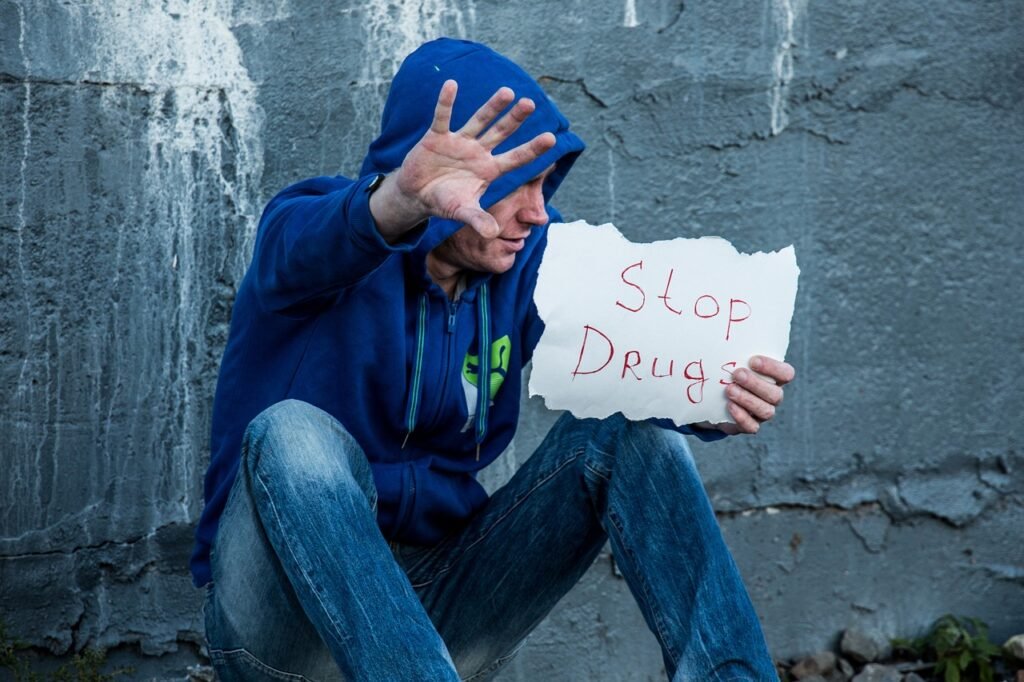Addiction is a complex condition that affects millions worldwide. While many wonder why drugs are so captivating and difficult to quit, the answer lies in how they interact with the brain, emotions, and body. Understanding this process can shed light on the dangers of substance abuse and the importance of seeking help.
The Science of Addiction
Drugs hijack the brain’s reward system, a mechanism designed to encourage survival behaviors like eating or social bonding. When someone uses drugs, the brain releases an excess of dopamine, a chemical associated with pleasure. This dopamine surge reinforces the behavior, creating a cycle of craving and usage.
Over time, the brain adapts by reducing its natural dopamine production, making everyday pleasures less enjoyable. As a result, the user feels compelled to take more of the drug just to feel normal. This physical dependence, coupled with psychological cravings, forms the foundation of addiction.
Emotional Triggers and Escapism
For many, drugs offer an escape from emotional pain, stress, or trauma. Substances like opioids or alcohol can temporarily numb feelings of sadness, anxiety, or inadequacy, creating an illusion of relief. However, this short-term escape comes at a long-term cost, as users often develop deeper emotional struggles when the effects wear off.
Social and Environmental Influences
Addiction isn’t just about brain chemistry—it’s also shaped by external factors. Peer pressure, family dynamics, socioeconomic challenges, and even exposure to substances at a young age can increase the likelihood of addiction. In such environments, drugs may seem like an easy solution to cope with life’s difficulties.


The Vicious Cycle
What makes addiction so powerful is the cycle it creates. The more someone uses drugs, the more their body builds tolerance, requiring higher doses to achieve the same effect. This increases the risk of overdose and health complications. At the same time, withdrawal symptoms—ranging from nausea to severe depression—make quitting feel impossible, trapping users in a loop of dependence.
Breaking Free From Addiction
Despite its grip, addiction is treatable. Through therapy, medical interventions, and support systems, individuals can regain control over their lives. Recognizing the problem is the first step, followed by seeking professional help. Programs like counseling, cognitive behavioral therapy (CBT), and peer groups such as Narcotics Anonymous provide tools and encouragement for recovery.


Final Thoughts
Addiction is more than a lack of willpower; it’s a chronic disease that affects the brain and body. By understanding why drugs are so addictive, society can better support those struggling with substance abuse and work towards solutions that foster healing and prevention.

